100 years at full speed!
Timekeeper and official partner of the International Ski Federation, Longines shares a long history with skiing events. Let’s go back in time to discover the brand’s innovation that helped developing timekeeping accuracy for ski slopes.
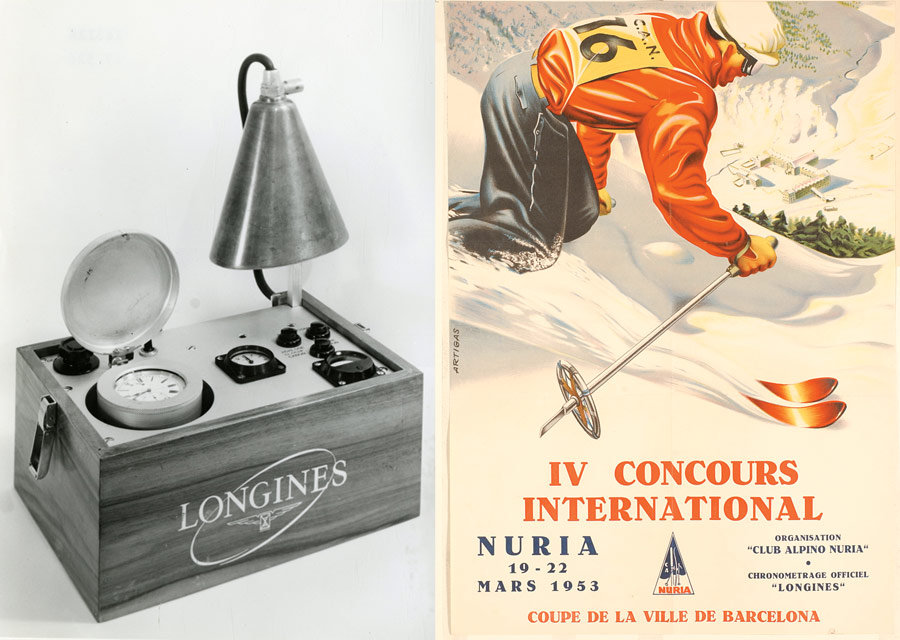
You might not know this, but when you’re watching a World Cup ski racing, all of the numbers that appear on screen would not exist without Longines creations. Indeed, the brand has a lot of experience in timing ski events.
After the creation of its first chronograph in 1878, the brand officially entered the world of competition in 1924 in Chamonix. The French ski resort hosts the International Winter Sports week, in other words, the first Winter Olympic Games.
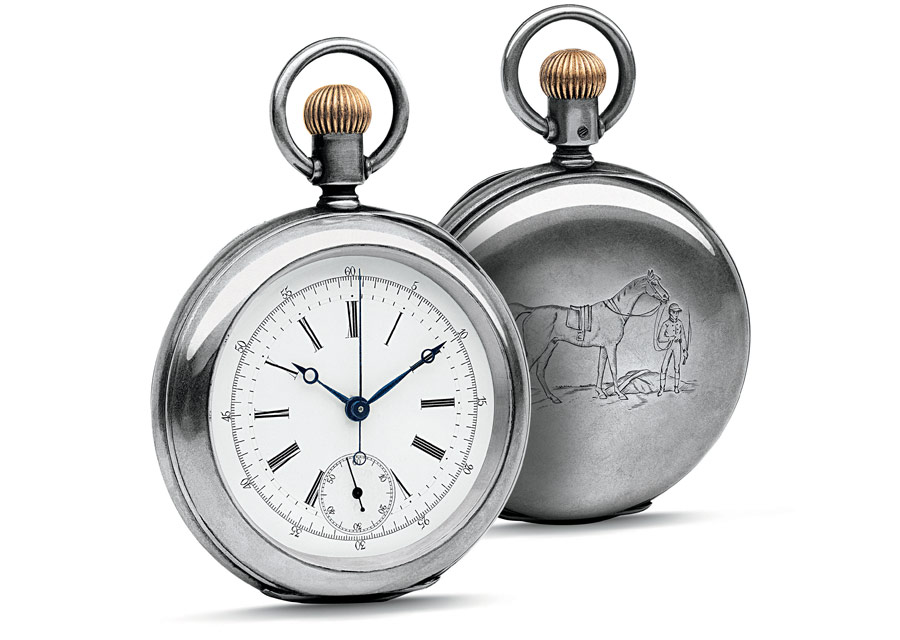
From then, Longines never stopped the innovation process to improve skier timing. Which consequently improved the public perception, whether they watch it on TV or live. Indeed, ski races have gradually become as exciting, accurate and detailed as automobile races.
A long way towards perfect accuracy
After Chamonix, and for some more years, calculating the duration of races was still technically difficult, between start and finish. It was even random sometimes. Weather conditions tended also to make it difficult. But in 1937, Longines presented its first invention and started a revolution in chronometric precision; its new timing system presented electronically triggered chronographs via photoelectric light-beam starting gates. The first devices were installed in Crans-Montana in 1945.
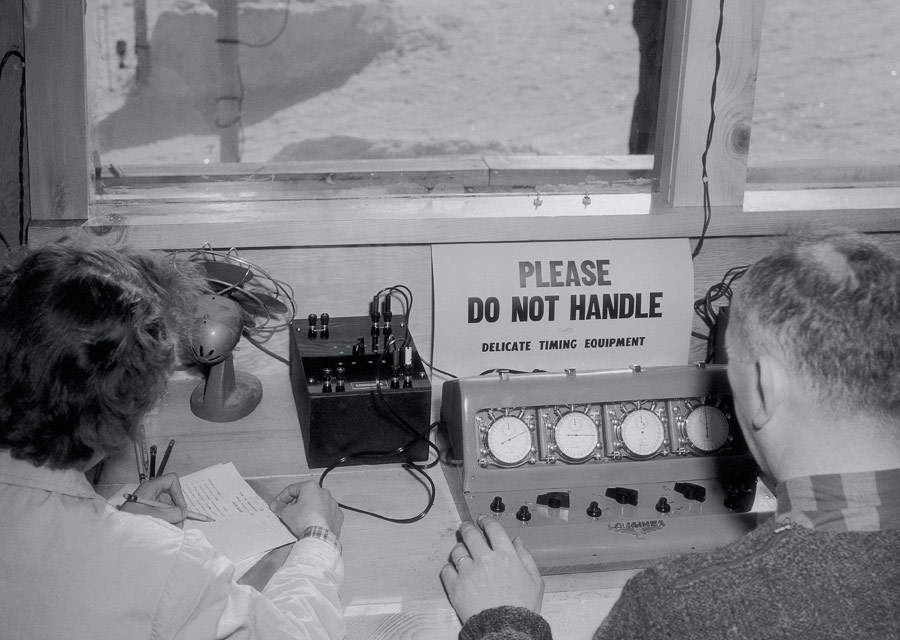
For the world championship in Aspen in 1950, the Maison used new electromechanically gates. Which recorded both the starting time and the finish time of racers.
Another invention from Longines was the Chronoson in 1951. This audio device counts the seconds before the skier is authorized to begin the race.
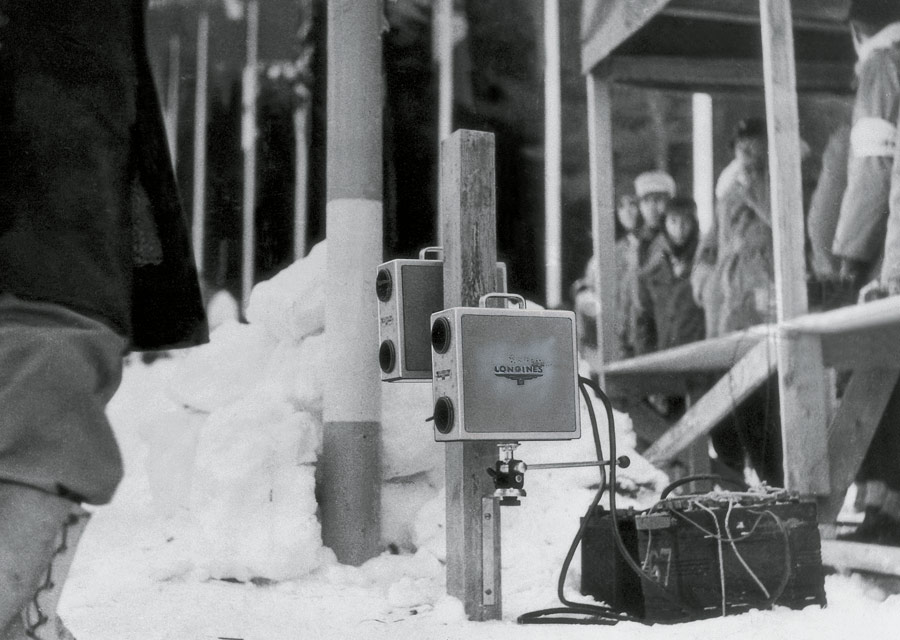
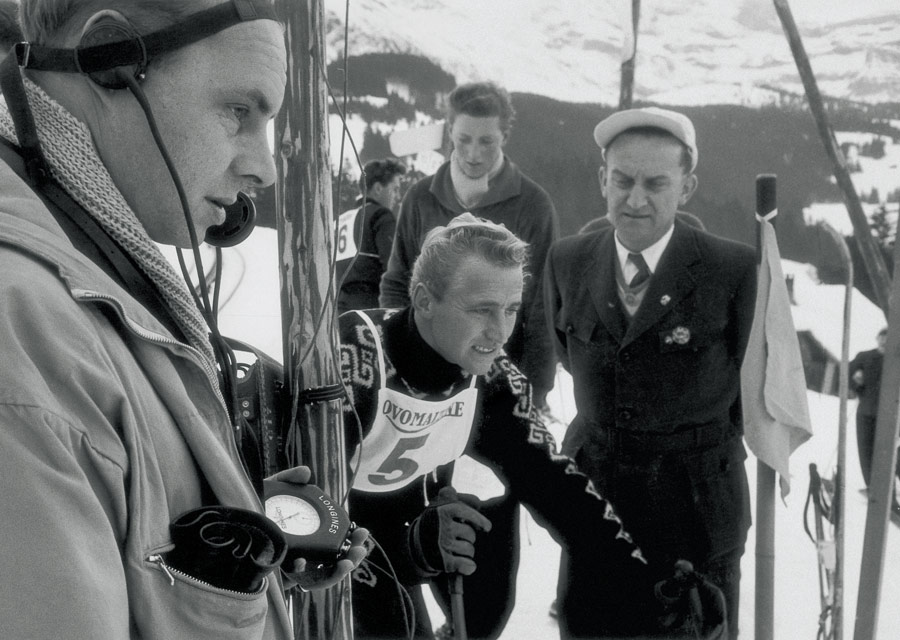
In 1956, for the World Cup in Saint-Moritz, the official control organiser authorised Longines to use the quartz technology. That was the first time ever. The watchmaking brand had developed the equipment some years before. But the official supervisory body directors had refused to use it, saying the quartz chronometric accuracy was way too revolutionary!
Longines and ski, from sound to image
The 1960s saw the beginning of another revolution: the TV! The races broadcasting of Winter Olympic games and World cup became true events.
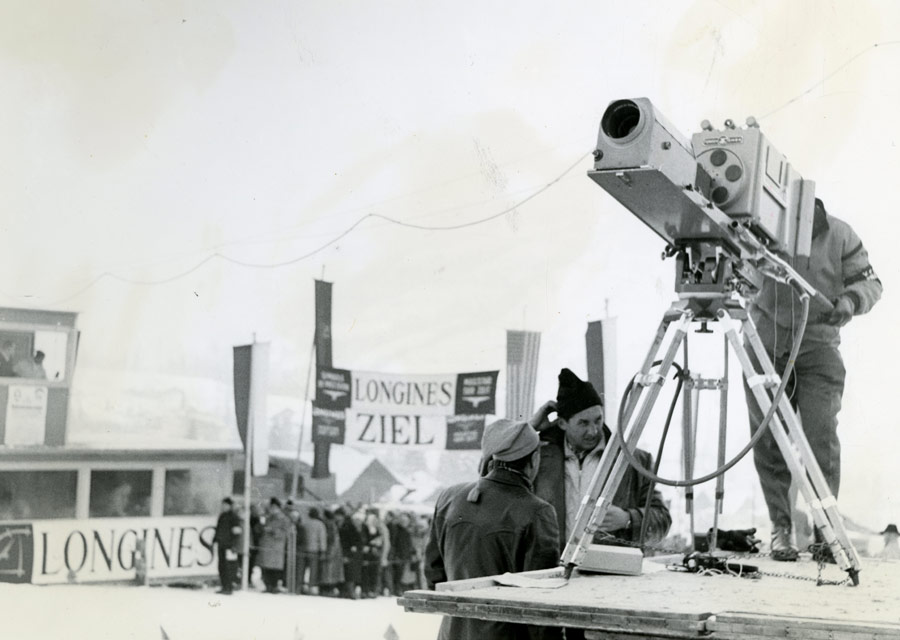
In 1963, it became more exciting to follow the races at home with the times shown on the screen. Even better: intermediate times, top speeds and ranking were also displayed thanks to Longines engineers.
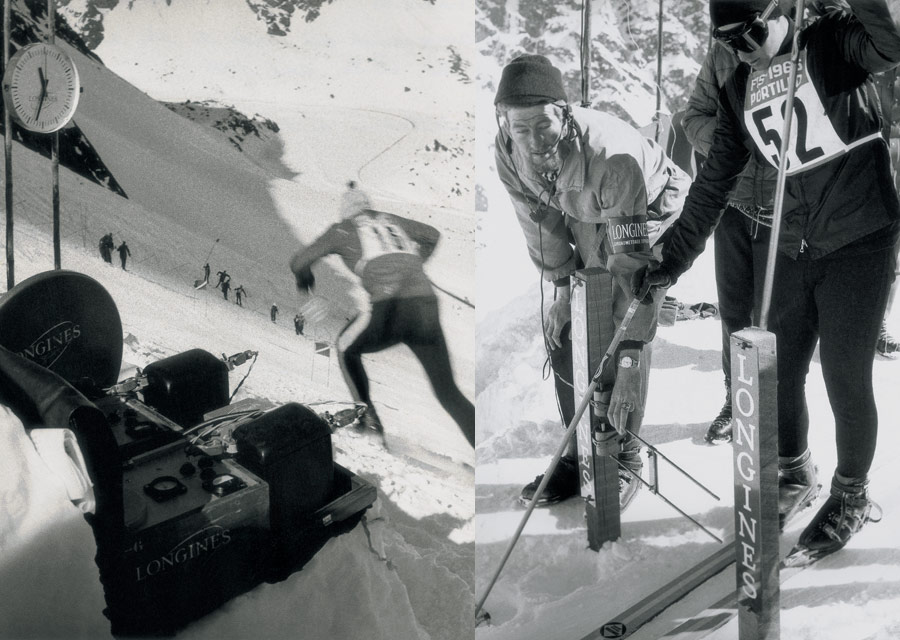
Inside the ski racing with real time data
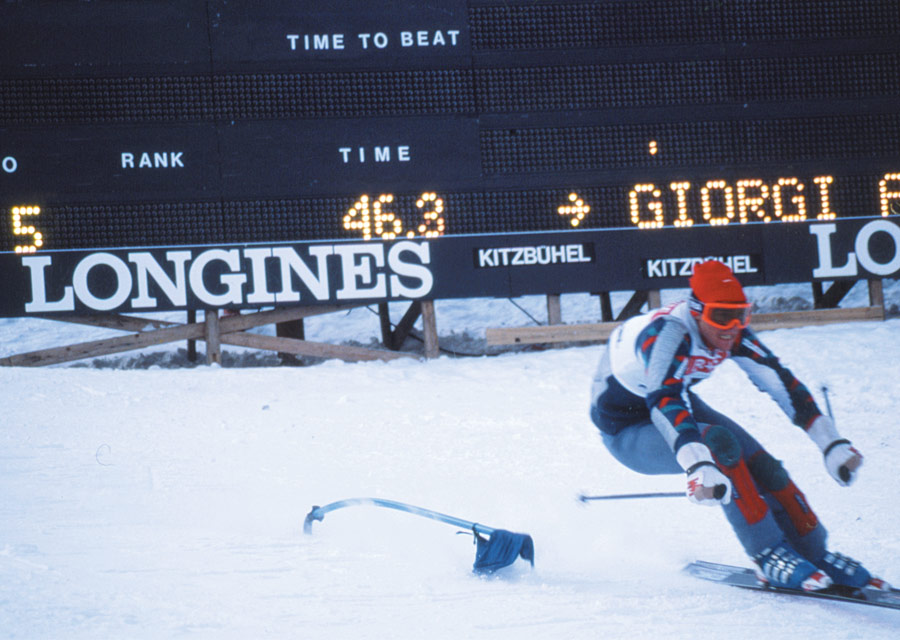
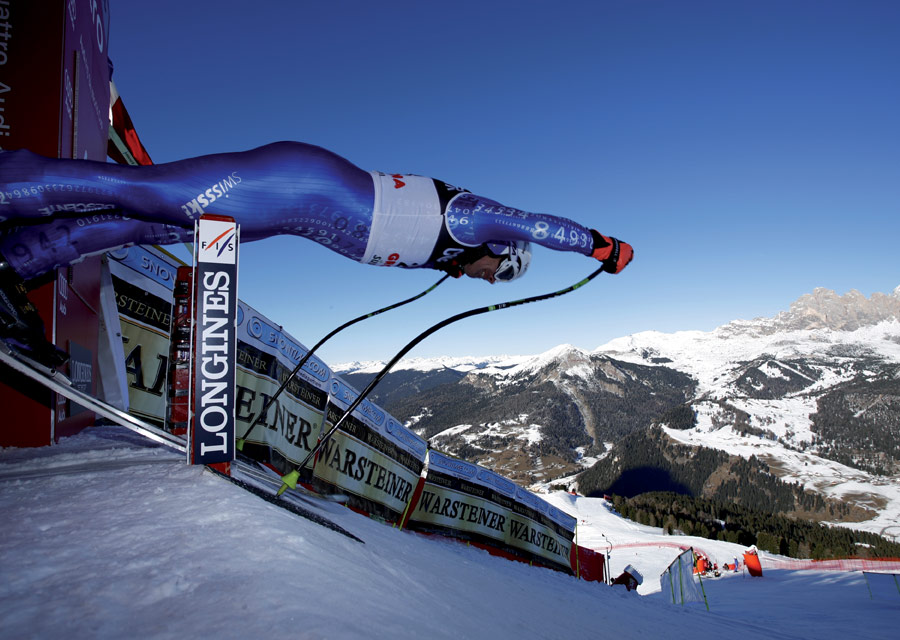
In the sports world, everything has to go faster and with more accuracy and details. That’s why the Swiss watchmaking Maison decided to present another game-changing technology in 2017: the Longines Live Alpine Data.
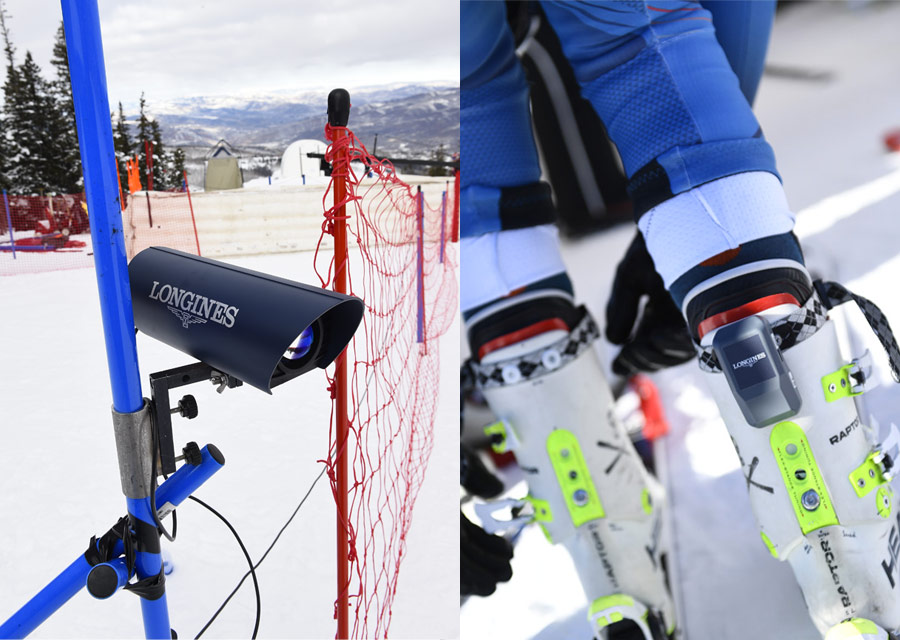
The brand presented the system in February during the FIS Alpine World Ski Championship in Saint Moritz. A chip is attached to the skier’s boot with a radar and motion sensor. It enables the real-time and continuous measurement of the athlete’s speed, acceleration, deceleration, the time it takes to reach 100 km/h and an analysis of jumps. All of this data is presented in the form of TV graphics to viewers at home. But also to the athletes so they can analyse their own performance.
Longines, partner of the International Ski Federation (FIS)…
Longines has been timing many competitions in its history. During 2006 the Maison signed its partnership with the International Ski Federation (FIS). Thus becoming the official timekeeper of the FIS Alpine Ski World Cup tour. The Maison from Saint-Imier, little village of the Bern canton where it was founded in 1832, will continue its partnership until 2026 with the federation.
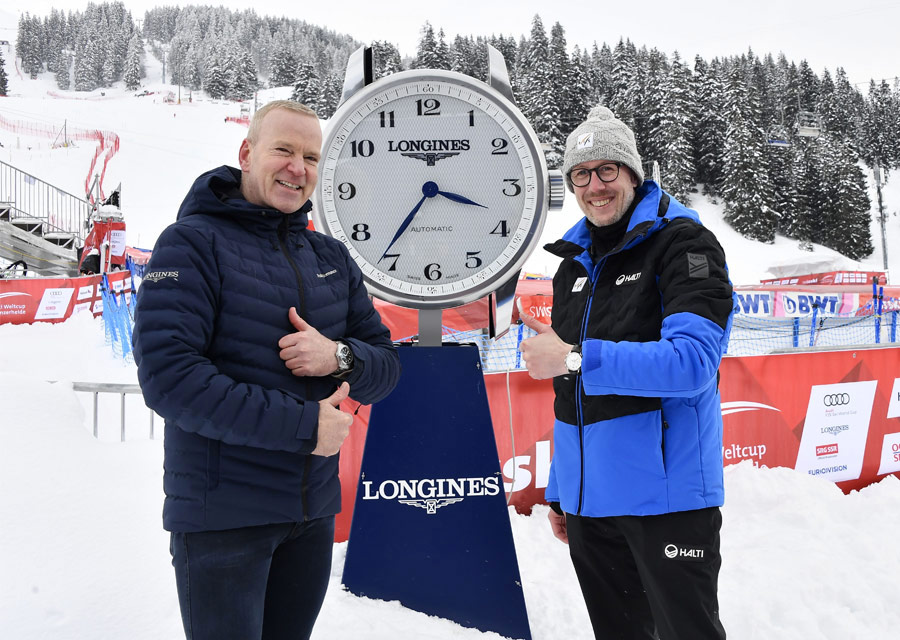
… and with its ambassadors on the ski slopes
Besides being the races’ timekeeper, Longines also support the athletes in their quest of victories and performances. The brand has several ambassadors enrolled in competition this season.
American athlete Mikaela Shiffrin, for example: 71 World Cup victories, three-time Grand Globe winner, two-time Olympic champion and six-time World Champion.
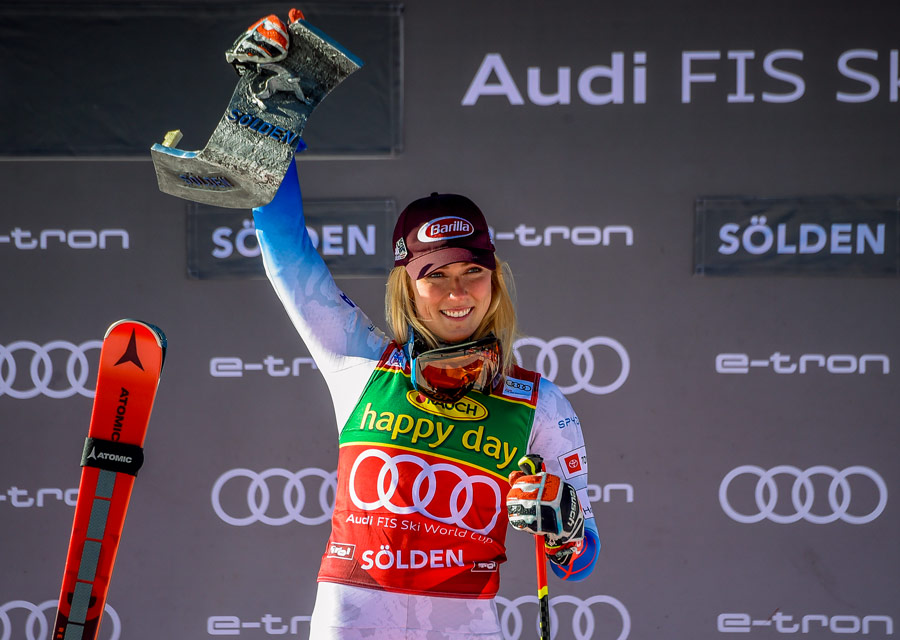
As for men, the Swiss athlete Marco Odermatt (winner in Sölden, Austria, and first title in Beaver Creek, United States on December 2019) is also one of the skiers sponsored by Longines. Just like Loïc Meillard, Mélanie Meillard and the French skier Clément Noël.
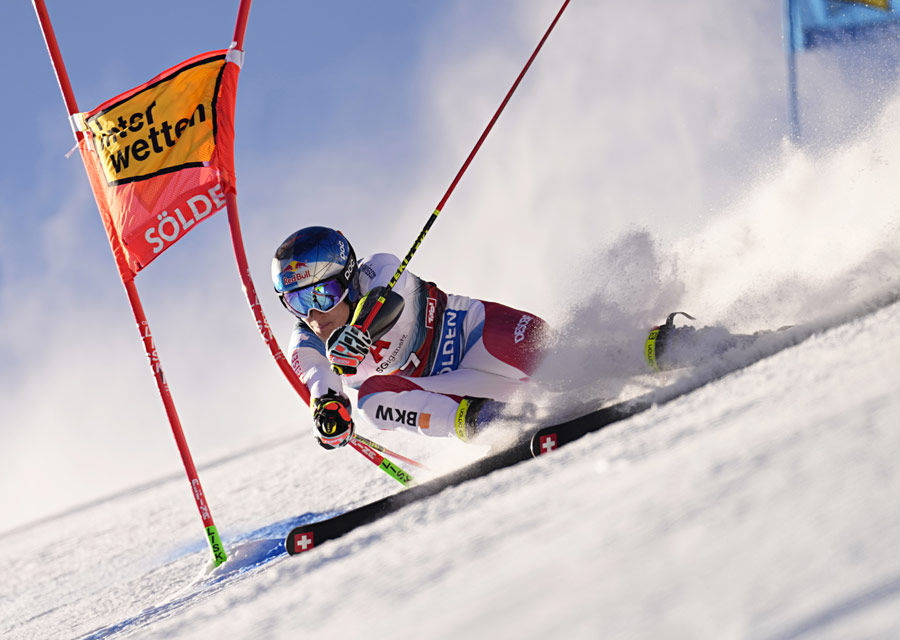
The 56th edition of the FIS Alpine Ski World Cup began on October 23 in Sölden. It will end in Courchevel-Méribel on March 20. The competition will host 38 events (men’s and women’s races and a mixed-gender race), across 18 sites in Europe and North America.
The Maison will also be the sponsor of the Longines Future Hahnenkamm Champions. Which will be hosted in January at Kitzbühel, the day before the legendary phase of the World Cup. This event, by teams in two phases, is aimed to promising young skiers under 16. It gives them an excellent opportunity of practising alpine skiing on a competition level.
Besides, the Longines rising Ski Stars title will be awarded to the best under 21 female skier. And to the best under 23 male skier during the FIS World Cup. The winners will receive a Longines watch, an award and financial support at the end of the season.
Longines Spirit, the FIS Alpine Skiing watch
If you’re fond of beautiful and accurate sport mechanics, you’ll be happy to know that the Longines Spirit watch made of stainless steel and featuring a blue dial (€ 2,020 for the 40m diameter) is the official watch of the competition.
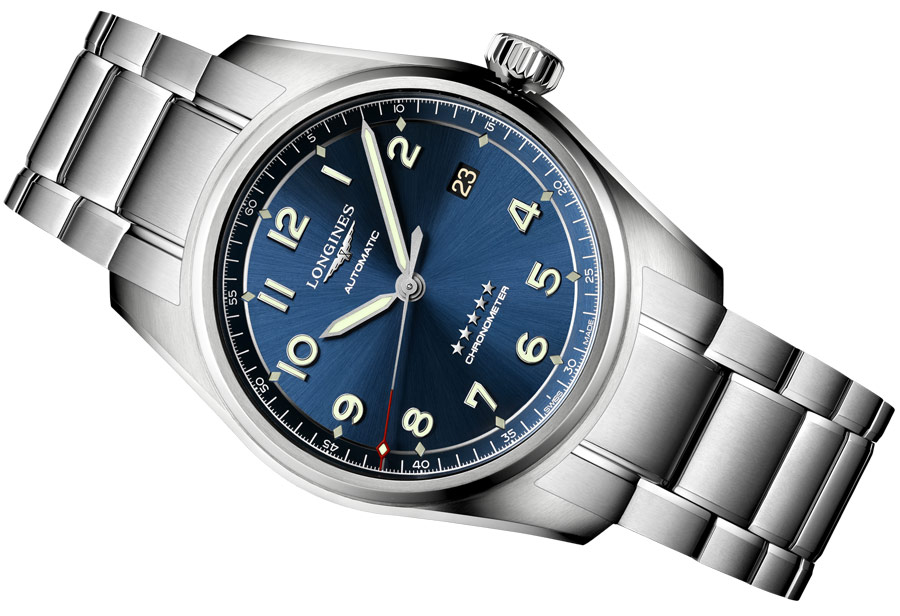
Just like the rest of the Spirit collection, this robust instrument is certified by the Official Swiss Chronometer Control (COSC). Besides, its self-winding movement features a antimagnetic silicone balance-spring.
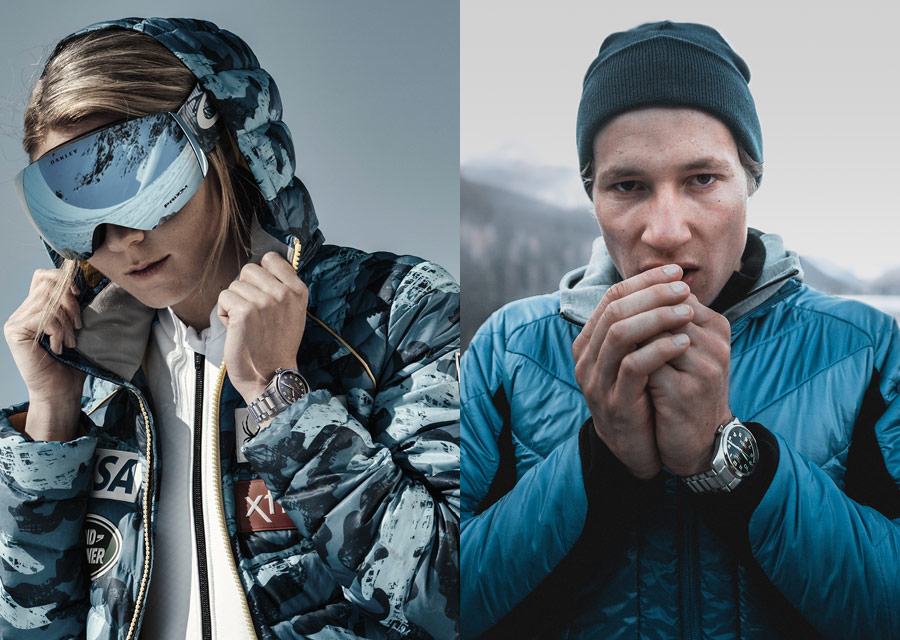
All of these qualities allows the “winged hourglass” Maison to provide an international warranty of five years.
Photos DR.
Read our detailed data sheet on the Longines Spirit watches.
Read also: